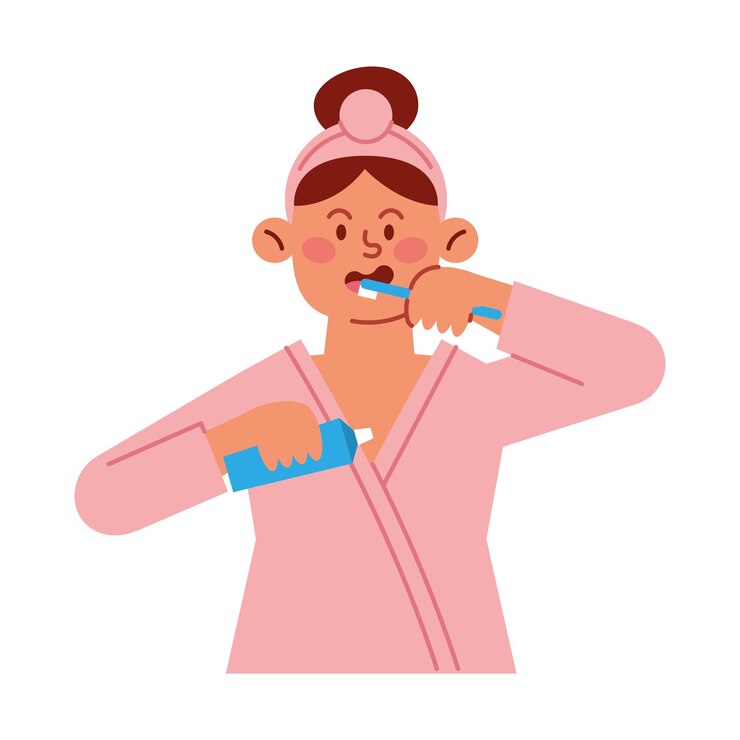
Understanding the Risks: Complications of Cleft Mouth Ulcers and How to Handle Them
Hey there, folks! Let’s talk about something important: the complications that can arise from cleft mouth ulcers. Dealing with these ulcers can be a hassle on its own, but sometimes they bring along some extra trouble. Let’s dive into what those complications are and how to deal with them.
What are Cleft Mouth Ulcers?
First off, let’s quickly recap what cleft mouth ulcers are. They’re those pesky sores that form at the corners of your mouth, causing discomfort and annoyance. They can be caused by a variety of factors like infections, nutritional deficiencies, or even just irritation from drooling.
Complications to Watch Out For
- Secondary Infections: One of the main risks of cleft mouth ulcers is that they can become infected. Bacteria or fungi may take advantage of the open wound, leading to a secondary infection. This can cause increased pain, swelling, and redness around the ulcer.
- Delayed Healing: Cleft mouth ulcers can sometimes take longer to heal than other types of mouth ulcers. Factors like poor oral hygiene, nutritional deficiencies, or underlying health conditions can contribute to delayed healing, prolonging discomfort.
Tips to Mitigate Risks and Promote Healing
- Keep It Clean: Maintaining good oral hygiene is crucial to prevent secondary infections and promote healing. Brush your teeth gently twice a day and rinse your mouth with an antibacterial mouthwash to keep bacteria at bay.
- Stay Hydrated: Drink plenty of water throughout the day to keep your mouth moist and facilitate healing. Avoid excessive alcohol consumption and caffeinated beverages, as they can dehydrate the body and slow down healing.
- Nutritious Diet: Make sure you’re getting all the vitamins and minerals your body needs to heal properly. Focus on foods rich in vitamin C, vitamin B, and zinc, which are essential for skin and tissue repair.
- Avoid Irritants: Steer clear of spicy or acidic foods that can irritate the ulcer and delay healing. Stick to soft, bland foods that won’t aggravate the sore.
- Seek Medical Advice: If you notice signs of a secondary infection such as increased pain, swelling, or pus around the ulcer, don’t hesitate to seek medical attention. Your healthcare provider can prescribe antibiotics or antifungal medications to clear up the infection.
By staying vigilant and taking proactive steps to care for your cleft mouth ulcers, you can reduce the risk of complications and promote faster healing. Remember, your health is worth the effort!
To seek medical advice, always consult a Doctor. Here are our recommended EXPERTS. Click here
To read more on ORAL CANCER. Click Here



